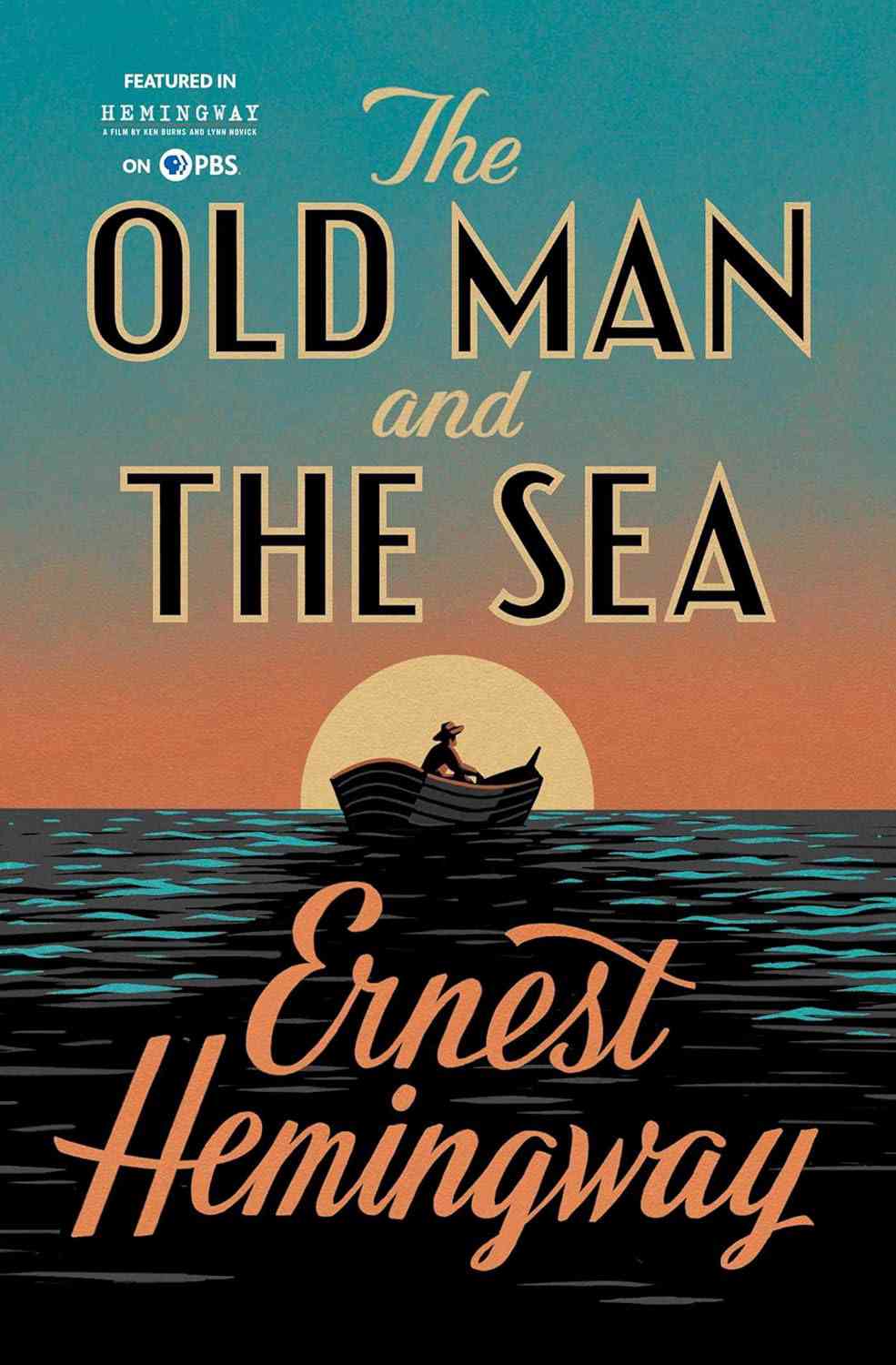
Reading Hemingway's 'The Old Man and the Sea' feels like sitting on a weathered dock, smelling salt in the air while an old fisherman shares his life story. The simplicity of the prose hits you first - clean, direct sentences that somehow carry immense weight. I found myself pausing frequently, not because the text was difficult, but because each paragraph demanded reflection.
What struck me most was how Hemingway makes you feel Santiago's struggle viscerally. When his hands cramp from holding the line too long, your own palms tingle. When sharks attack his hard-won catch, your stomach knots with shared frustration. This isn't just storytelling - it's sensory transportation to a Cuban fishing boat in the 1950s.
The relationship between Santiago and the marlin becomes unexpectedly moving. Hemingway transforms what should be predator-prey dynamics into something resembling mutual respect between warriors. I've never read another book where I simultaneously rooted for both hunter and hunted with such equal intensity.
Some criticize the novella for being 'slow' or 'too symbolic,' but they're missing the point. The deliberate pacing mirrors fishing itself - long stretches of quiet anticipation punctuated by bursts of adrenaline. As for symbolism, it emerges naturally from perfectly observed reality rather than being forced upon the narrative.
The physical book itself deserves mention too - that classic Scribner paperback with the bold blue cover feels appropriately rugged in your hands, like something Santiago might have tucked in his shirt pocket. The typeface is large and readable even in dim light (I tested this during a beach vacation at sunset).
Would I recommend it? Absolutely - but not as light entertainment. This is literature to be savored when you want to contemplate perseverance, mortality, and humanity's place in nature. Keep it on your shelf for when life knocks you down; Santiago's undefeated spirit makes excellent company during hard times.

